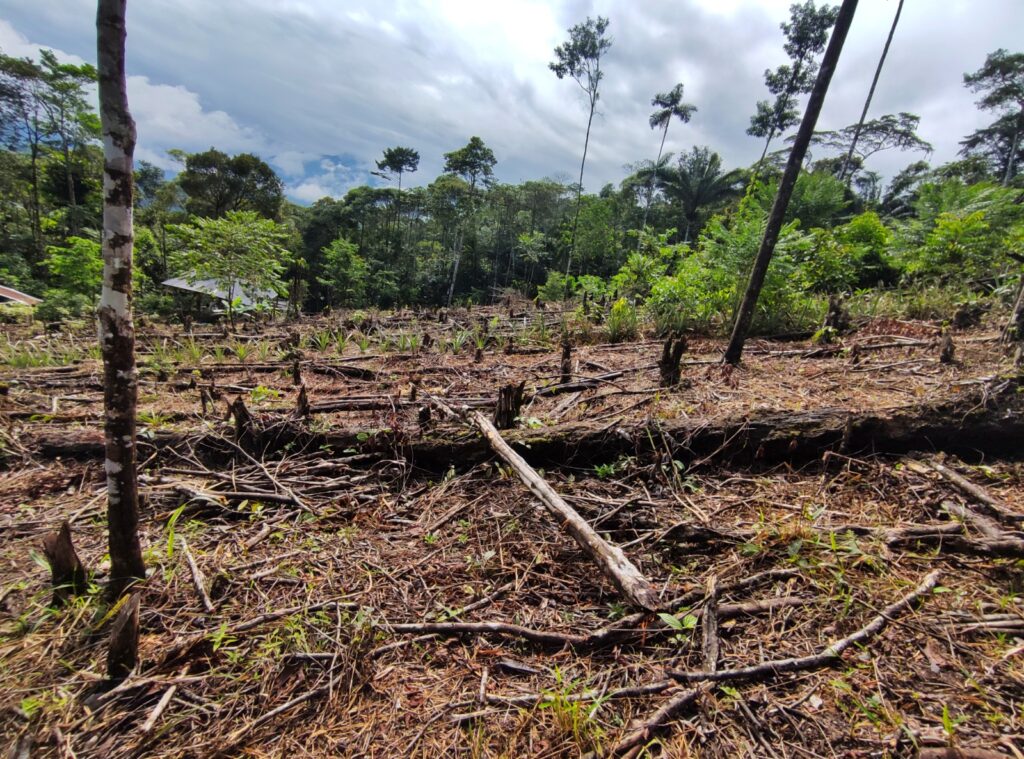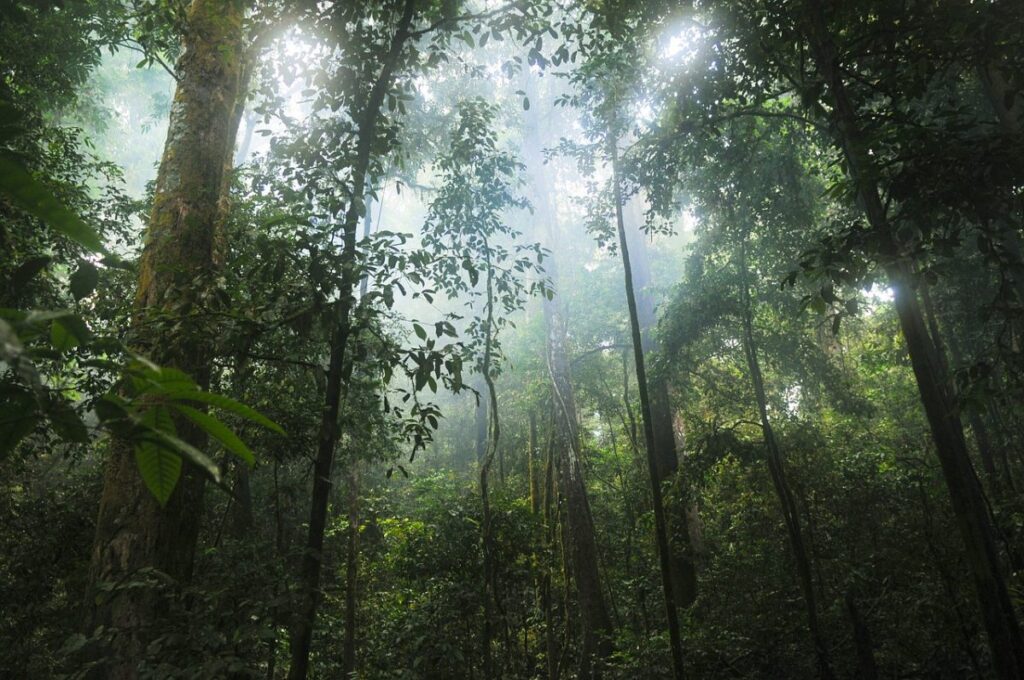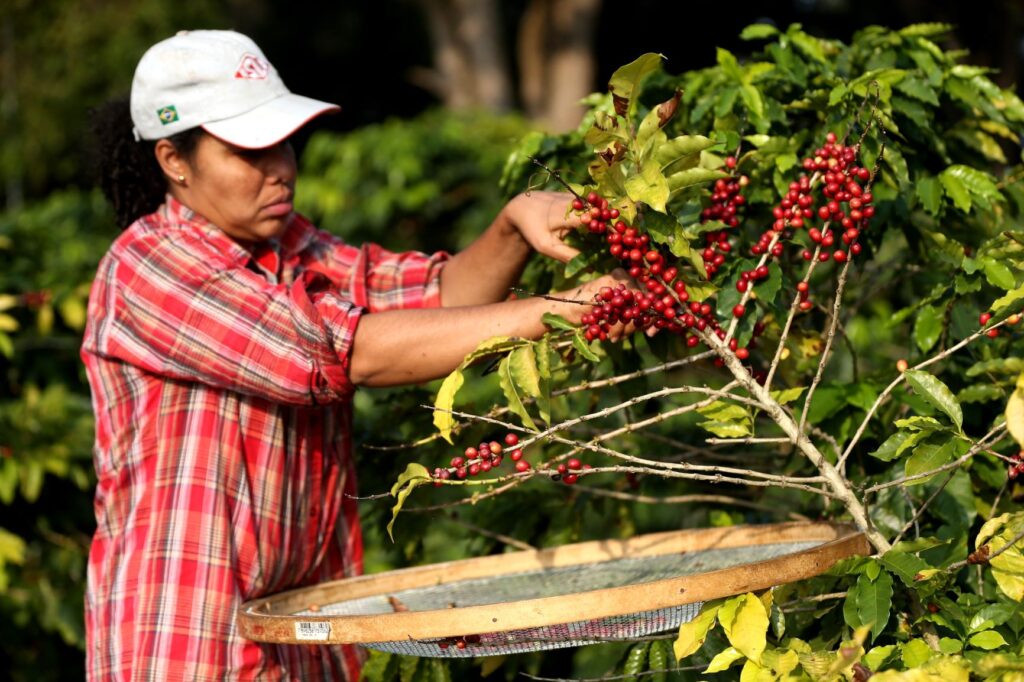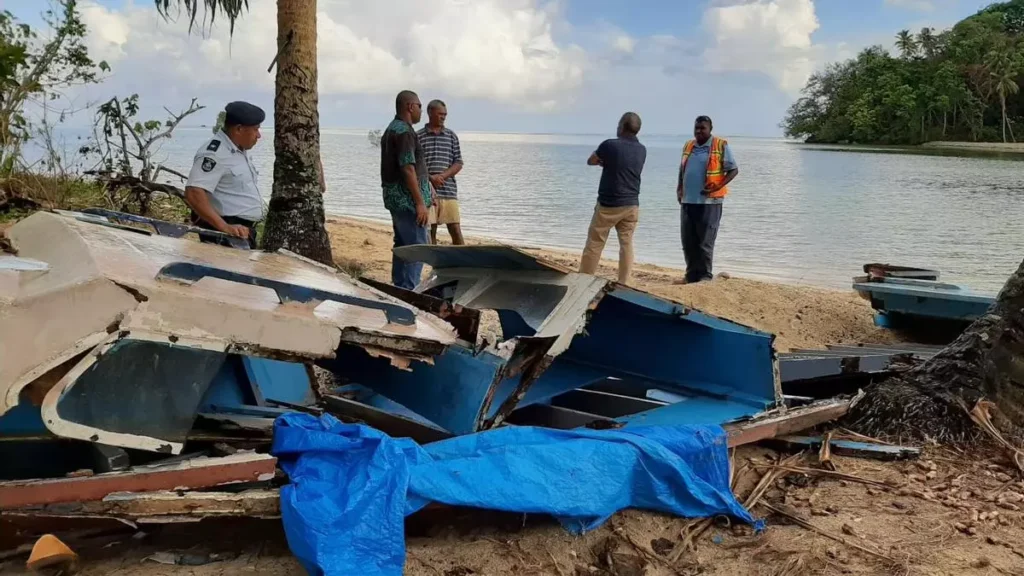Ecocide is the worst offence mankind can do to Mother Earth. It is a damage to the eco-system that harms the totality of the elements: the environment, animals, and man himself, bar none. Deforesting, polluting and abnormally exploiting an area of the planet triggers a devastating process that destroys or will destroy the entire area involved, creating a natural imbalance that will slowly spread like wildfire. The evidence is there for all to see, so much so that many states are beginning to demand that this act be considered a real and proper criminal offence with all the annexes and connections that follow in such cases.

Case of ecocide: the Amazon rainforest.
According to an FAO estimate, in the 30 years from 1990 to 2020 alone, man’s unethical work has destroyed 420 million hectares of forest worldwide. The reasons for this can be attributed to the indiscriminate search for maximum profit at the expense of the environment. First and foremost, timber production, the need to create massive livestock farms, urbanisation and the exploitation of reservoirs of all kinds (from metals to hydrocarbons and minerals).
One example of all cases of ecocide is the Amazon rainforest. The world’s largest tropical rainforest is considered the green lung of the earth. It covers 6.5 million square kilometres and spreads over 9 states: Brazil, Bolivia, Peru, Ecuador, Venezuela, Colombia, Guyana, Suriname and French Guiana. On it there are an astonishing 400 billion trees that store tens of billions of carbon and release an incredible amount of water vapour and oxygen into the atmosphere. A true life organ of our planet. Suffice it to say that this enormous ecosystem regulates the planet’s climate. It is also home to over 400 species of mammals, more than 800 species of reptiles and amphibians, 1,300 species of birds and 100,000 different species of invertebrates.

Now this natural heritage is under serious threat. Deforestation activities are underway to make room for the massive cultivation of products that are particularly in demand on the global market, such as coffee, cocoa and soya. And where bulldozers do not arrive, fires – obviously arsonists – intervene, burning immense quantities of forest areas. The impact, besides being harmful to the plants themselves, is taking away a large number of animals that, no longer having their habitat, risk extinction. To all this must be added the damage that the aboriginal populations have been experiencing for some time now: the impossibility of finding those resources that are essential for their sustenance. The balance between man and nature no longer exists in the Amazon rainforest. A Nature Climate Change study reads verbatim:
‘Resilience is being lost faster in regions with less rainfall and in parts of the rainforest that are closer to human activity… We provide direct empirical evidence that the Amazon rainforest is losing resilience, risking degradation with profound implications for biodiversity, carbon storage and climate change on a global scale”.

Where does the world population stand?
The introduction of the crime of ecocide
The European Commission has introduced the crime of ecocide, inviting all member states to move in this direction by adapting their legislation. This is in itself a very important fact, stemming from a path that started in 2021, to become a full-fledged directive in April 11, 2024. Specifically, the directive condemns in its second article:
the discharge or emission of substances that cause, or are likely to cause, substantial damage to the air, soil, water or ecosystems; the placing on the market of products whose excessive consumption may result in emissions as referred to in the previous paragraph; the construction or dismantling of installations that may damage the environment; any activity that may cause the deterioration of a protected habitat or particular animal species.

And continues in Article 3
destruction or widespread and substantial, irreversible or lasting damage to an ecosystem of significant size or environmental value or to a habitat within a protected site, or widespread and substantial, irreversible or lasting damage to the quality of air, soil or water. In addition, instigating, aiding and abetting and attempting such criminal conduct will also be criminalised.
Other initiatives against ecocide
There are also other very important initiatives to make ecocide an international crime. The Stop Ecocide Foundation, in June 2021, proposed a draft amendment drafted by a team of experts. It has been proposed to the International Criminal Court (ICC) for the court to equate the aforementioned crime with existing crimes such as genocide, war crimes, crimes against humanity and crimes of aggression. This would be a historic step, as it would enable the prosecution of any individual, whether physical or legal, by placing them before an international court.

Three small Pacific island states Vanuatu, Fiji and Samoa, for their part, have made an explicit request to the ICC that ecocide be included as a fifth international crime. This call is made in view of the rising sea and ocean levels that threaten to make thousands of small islands disappear.
How long will it take for the world to become aware of what ecocide is?
Undoubtedly, all these initiatives represent a very important step forward. However, awareness of this topic is still lagging far behind the actual problem. There are also legislative barriers that only international cooperation can break down. Another problem is that the International Criminal Court is not recognised by countries such as the United States, Russia and China, thus limiting its work. Then there are the problems of sovereignty that each country logically demands. And lastly, the greatest enemy is the continuous exploitation of the Earth, which, in seeking to generate as much profit as possible, creates daily disasters for the environment. All this suggests that many years will still have to pass before world unanimity can be reached. Time, this, that the planet will probably not be able to bear.





